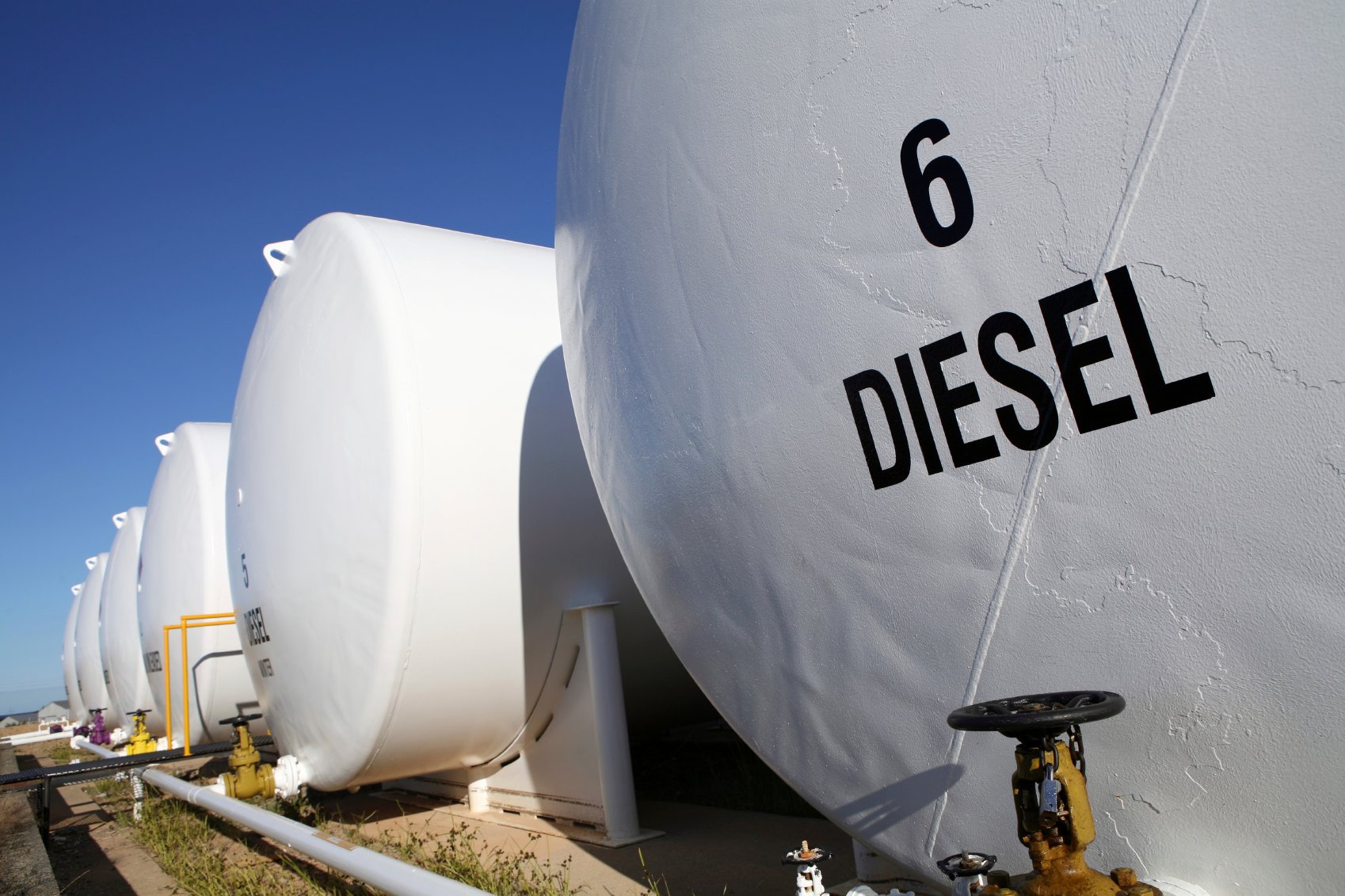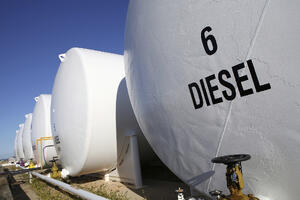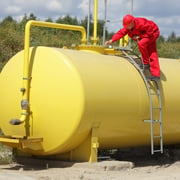Being Selective is important (for testing microbes)
This blog post isn't about quite what you might think. We're talking about microbial testing. Today's stored fuels require a lot more upkeep than the...


The "old-timers" always talk about how things just aren't the way they used to be.
Those of us who work with stored diesel fuel realize that this is absolutely true when it comes to the storage life of diesel and other fuels. Diesel storage shelf life just isn't what it used to be. Yet, there are a few simple explanations for this.
 If you look at technical manuals or fuel specifications rules written 20-30 years ago, they all talk about fuel storage life being two years or more. That's nowhere near the case today because of market changes and mandated transformation of both on- and off-road diesel fuel into ultra-low sulfur diesel.
If you look at technical manuals or fuel specifications rules written 20-30 years ago, they all talk about fuel storage life being two years or more. That's nowhere near the case today because of market changes and mandated transformation of both on- and off-road diesel fuel into ultra-low sulfur diesel.
Now, they're finding changes in fuel composition after as little as a few months. This is ok if the fuel is used up quickly - surveys show that the average amount of time it takes to consume diesel fuel is 14-24 days after it leaves the refinery. When the storage time exceeds this (such as for fuels for emergency backup systems), now there's real doubt that the fuel is going to perform as needed when needed.
By market forces, we mean how the fuel has changed in response to the skyrocketing demand for refined petroleum fuels around the world. Two or three decades ago, demand was less than it is today. Now, countries like China and India are consuming multiple times the amount of oil they did back then. So refineries have to scrape the bottom of the barrel (no pun intended) when it comes to squeezing every last drop of valuable refined fuel from each barrel of crude. Compared to the early 1980s, refineries are refining 85% more of each barrel of crude oil than they were back then. The resulting product has more unstable components created by the cracking processes the refineries are forced to use. And this means the storage life of these diesel fuel is much much lower than it used to be.
We used to say that a major factor for the decreased storage life was that ultra-low sulfur diesel fuels have dramatically lower storage life because they are more prone to being taken over by microbial problems. That part is true, but it's a little more complicated than previous explanations. It isn't just that removing the sulfur from the fuel results in a fuel with less natural ability to resist bacteria and fungus growing in it. The adage that "sulfur is a natural biocide" isn't accurate. Instead, it's the overall slate of changes to the fuel's properties that result from the sulfur removal that do it. Including a really big one, the reduction in aromatic content. Microbes don't like to consume aromatic petroleum molecules. Government air quality regulations have mandated that the maximum percentage of aromatic content in diesel fuel be capped. Hence, the new fuel becomes a more hospitable place for microbes to grow and thrive. And microbes like these will destroy stored fuel quality faster than anything. Hence it is important for stored fuel users to test their storage tanks for water and to use regular applications of biocides to prevent costly problems down the road.
Fuel stabilizers, water controllers and biocides are the trinity of treatments that can provide real value to stored fuels and their storage life over time. Fuel stabilizers interrupt the chemical reactions taking place in stored fuel after their exposure to oxygen and light. Water controllers work to absorb accumulated water so it won't create an easy environment for microbes to establish a foothold in the storage tank (microbes can't survive without accumulated water). Biocides are the only thing that will actually kill microbes in fuel, and therefore are important to use on a maintenance basis to prevent more costly problems down the road.
This blog post isn't about quite what you might think. We're talking about microbial testing. Today's stored fuels require a lot more upkeep than the...
It used to be that diesel fuel users didn't have to worry about diesel fuel lubricity and how their diesel fuel would interact with injectors and...
We’ve Never Had To Do Fuel Testing Before, So Why Now? Because fuels have changed and are not what they used to be. That's the simple answer. You...